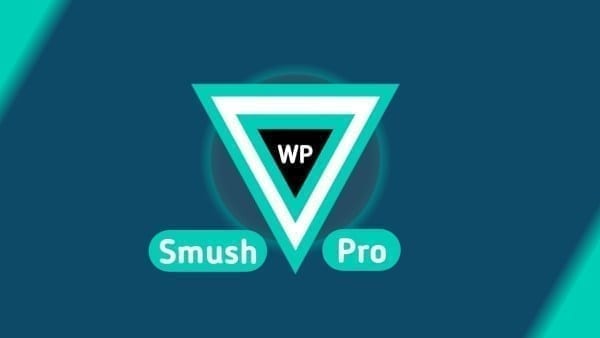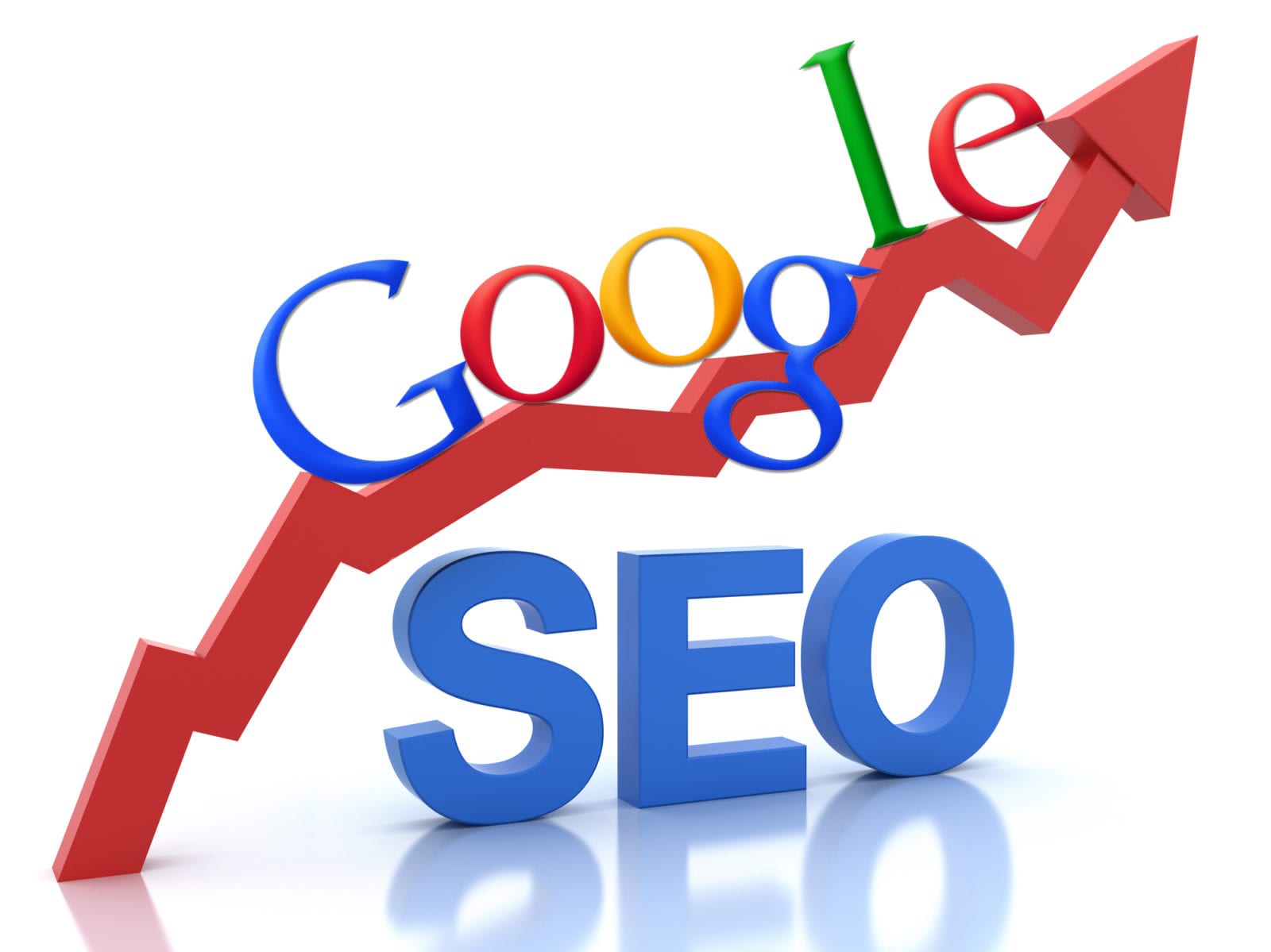The perils of keyword stuffing and why it should be avoided
Here is an explained overview of why keyword stuffing should be avoided. Optimizing web pages to ace the game of search engines which includes Google is an essential part to get traction on the website, but there needs to be a concerted tactic that needs to be put into place. One of the first thoughts which might cross your mind is the fact that if keywords play an essential role why not stuff the entire article on a single page with all the relevant and searchable keywords. This is what should be avoided at all costs – and here in this
Smush Pro Google PageSpeed Insight Tips
Smush Pro should help resolve all 4 Google PageSpeed Insights image specific recommendations: Efficiently encode images Defer offscreen images Properly size images Serve images in next-gen formats If you’re still seeing any of those in your tests then below are the Smush Pro features you should setup to resolve each PageSpeed recommendation: *Links go to their documentation sections. Serve Images in Next-Gen Formats Resolved by: Smush Pro’s CDN Simply enable our CDN and ensure the “WebP Conversion” setting is enabled and all your images will be served up in WebP format. Properly Size Images Resolved by: Smush Pro’s CDN Another for the Smush CDN. You could resize
3 Most Relevant Local Pack Ranking Factors Explained
The local pack, also known as 3-pack, the ABC pack, and the snack pack, refers to the small section of Google’s search results page that showcases local ranking factors for businesses related to the search query you entered. You’ll find this section every time your query has local intent. It appears just below paid ads and above Google’s organic search results. The local pack includes important information about local businesses, including their location, opening hours, contact information and reviews. Up until a few years ago, the local pack was referred to as the 7-pack, since it displayed the 7 most relevant
3 Ways to Coordinate SEO and PPC for Maximized Results
There are many different components to a successful digital marketing strategy, and professionals will tell you that an integrated approach is what will achieve the results you’re looking for. Even with this, there are elements of digital marketing that are still viewed as completely separate entities – such as SEO and PPC. Search engine optimization and pay per click campaigns are two of the main players for any business wanting to increase visibility, traffic and conversions. While they perform in different ways to achieve results, many businesses are beginning to realize the potential of an integrated approach that includes both
Why Content and SEO Perform Better Together
When you get as geeked out about all things digital marketing as much as we do, it becomes way too easy to fall into the rabbit hole of reading post after post about all the new trends and changes in the industry. In a way, it’s a lot like reaching into a mixed bag of candy. Some pieces are great and others you immediately reject, but yet you still keep going back for more because the next one might be the best. This is power of content, and even those of us who are elbow deep in it as a
5 Simple Steps to More Crawlable JavaScript
Google has had the capabilities of crawlable JavaScript for years, but that doesn’t mean that they’ve actually been efficient at it. In fact, from an SEO perspective, Google’s ability to effectively crawl and index JavaScript websites could be described as extremely unhelpful. The simple fact is that HTML sites proved to provide a better foundation for SEO, so that’s where many businesses focused their website design. Fast forward to 2018 where times have changed -sort of. Googlebot is reportedly much more efficient at crawling JavaScript, leaving many wondering if this is where the future of web design is heading. Before we
Why Voice Search Is Key to the Future of SEO
Imagine for a minute a world where Internet search boxes are viewed as archaic. It seems impossible, but we should all know by now that in the rapidly changing world of technology, it’s always smart to expect the unexpected. Actually, the idea that the days of typing queries into search engines being a thing of the past isn’t so farfetched. Take for example, that there are already over a billion voice searches initiated each month, and it’s estimated that in just 2 short years, at least 50% of searches will be voice. Voice search is changing how users interact with
Structured Data and the New Face of Google SERPs
With over 200 factors playing a part in Google’s algorithm, developing a successful SEO strategy has always been complex. But now, as Google strives to improve the quality of their search results, we’re finding that some of tried and true strategies are falling off the grid and new ones are taking their place. One example of this is structured data. If you want to stay ahead of the game in search engine optimization, understanding structured data markup and how it influences results is key for building, and keeping, your SEO momentum. Here’s what you need to know. What Is Structured
A Beginner’s Guide to Local SEO
Local SEO is a collection of search engine optimization strategies that help businesses get noticed by a local audience. Businesses with a physical location, or those that provide services to a specific geographical location benefit from local SEO. The great thing about local SEO is that it gives small businesses an advantage. This isn’t about a bidding war on keywords or having tens of thousands of followers of social media. Local SEO helps small businesses meet the members of their community face to face, on a local level, where it counts. Sounds amazing, but how is local SEO different from standard
How to Optimize Images for SEO
There are many ways to make your articles easier to read on the web – lots of paragraph breaks, short snappy sentences, headings, sub-headings, Gifs of Kanye West’s mood swings – but one of the key ways to make your content look attractive is by using lots of lovely images. And the best thing about images, is that they can be used to bring in organic traffic via search engine image results. But in order for this to happen, they need to be optimized accordingly. Here’s a guide to make you aware of the key things you need to be doing when it











